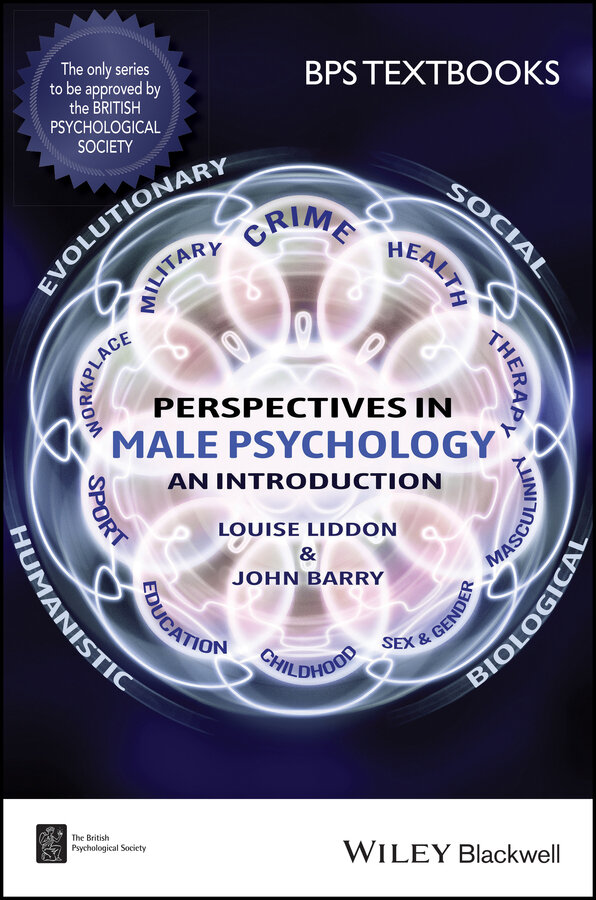Three reasons you will miss pubs when they go extinct
It has often been said that the local pub is an invaluable social hub, especially in rural communities. To those of you who weren’t convinced of this already, perhaps now that the pub is becoming an endangered species due to covid-19 lockdowns, you might be changing your minds.
So what exactly are we losing? Within the rather nebulous idea of the social hub you could unpack many useful activities that are important on a human level, and here are three related to men’s mental health.
1/ Socialising is good for your wellbeing
One of the key needs of human beings, according to Maslow, is social belonging. The pub is a place that creates a space for people to feel that they are part of a group e.g. a place to meet an old friend or make new friends, a great place to tell jokes and stories, to meet for a quick drink before going somewhere else. It can even provide a sense of being among others to someone who is feeling lonely or isolated, as so many people are during lockdown. In any case, research suggests that social drinkers tend to have a better support network, and feel more connected with their community… or at least they used to before covid-19.
2/ Pubs can be a good for your mental health
Apart from the boost to wellbeing of a fun night out, the pub can be one of the few places people can unwind after the demands of a stressful day. This can be especially important to men because it’s well documented that men are less likely than women to seek therapy, and the pub is a place they can talk about their feelings without it feeling like they are on the therapists coach. Even if it’s just looks to the casual observer like someone having a laugh with mates, or sharing a pint with a colleague, it can provide a welcome decompression chamber before getting the train home.
So during lockdown when we can’t go to the pub – or engage in other valuable social activities such as going to sporting events – how can we stay in touch and share a laugh together? It’s important to stay connected with others in whatever way we can, whether via the phone, Zoom etc. One idea is to get a few friends together on a Zoom with a glass of your favourite drink - it can be non-alcoholic of course - and create your own online pub. Maybe one day soon pubs will start doing deliveries for such occasions, who knows - they might need to in order to stay in business.
Note: drinking to excess is bad for your mental health and social life, and can have legal and medical consequences. If you think you might be drinking too much, don’t just tell the barman, seek some professional help.
3/ People will become unemployed
Pubs have been closing at a frightening rate since the lockdowns began, and it looks like even the iconic Wetherspoons is in trouble. Lots of people enjoy working in pubs, and although job satisfaction is especially good for men’s psychological wellbeing, unemployment is especially bad for men’s mental health.
In conclusion, it all looks a bit grim at present, and it can feel like there’s not a lot you can do. However one positive thing that you can take control of is to join the campaign to save your local pub from closure https://camra.org.uk/pubs-and-clubs/current-campaigns/ Even if you are not a regular, it might do others some good. And you never know when you might need to drop by for a friendly drink. So let’s not let them wither in the vine – let’s do the community some good and do what we can to keep pubs alive.
About the author
Dr John A. Barry is a Chartered Psychologist and Professional Researcher. He is a leading expert in the areas of male psychology including men’s mental health and the psychological aspects of polycystic ovary syndrome (PCOS). His new book, Perspectives in Male Psychology: An Introduction (ISBN: 978-1-119-68535-7), co-authored with Louise Liddon, is published in the new year and is available to pre-order now.




















